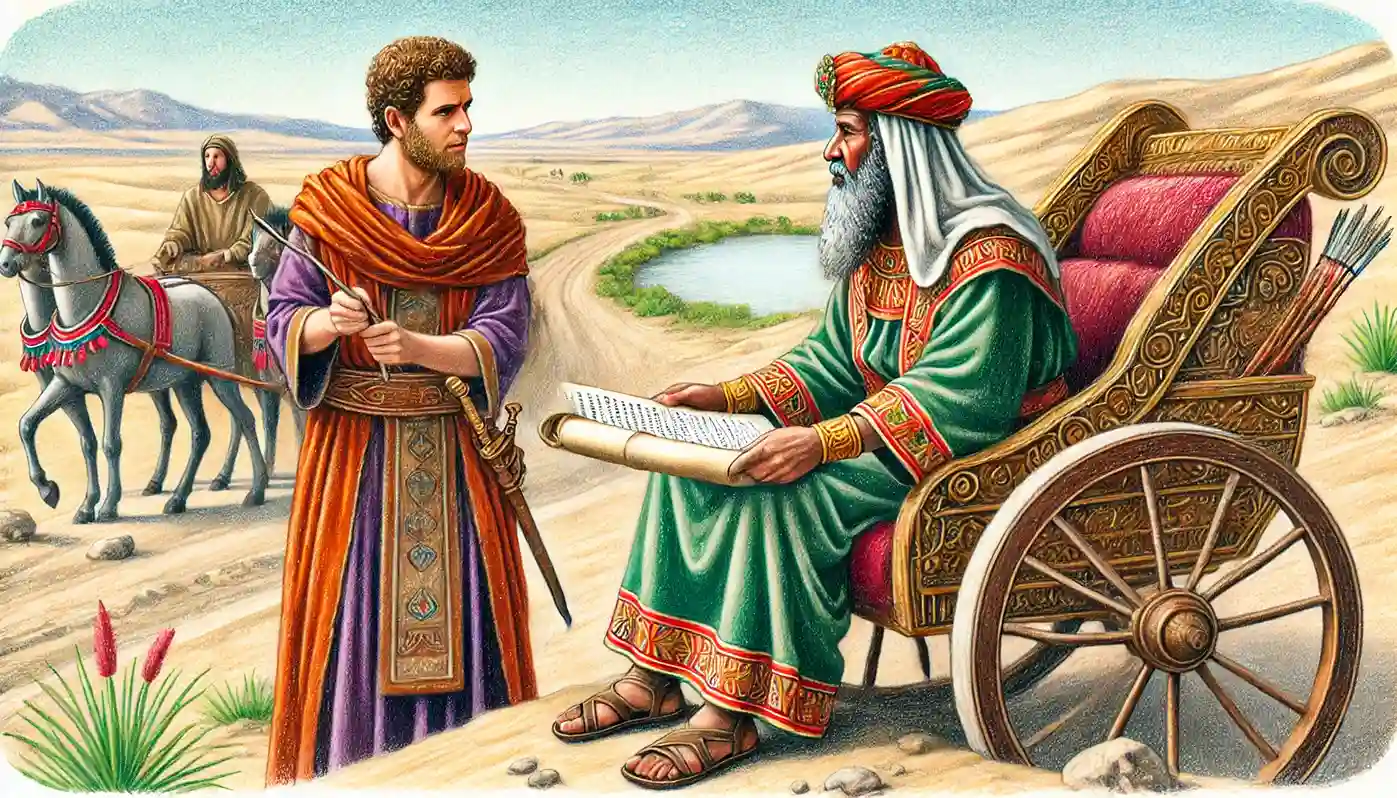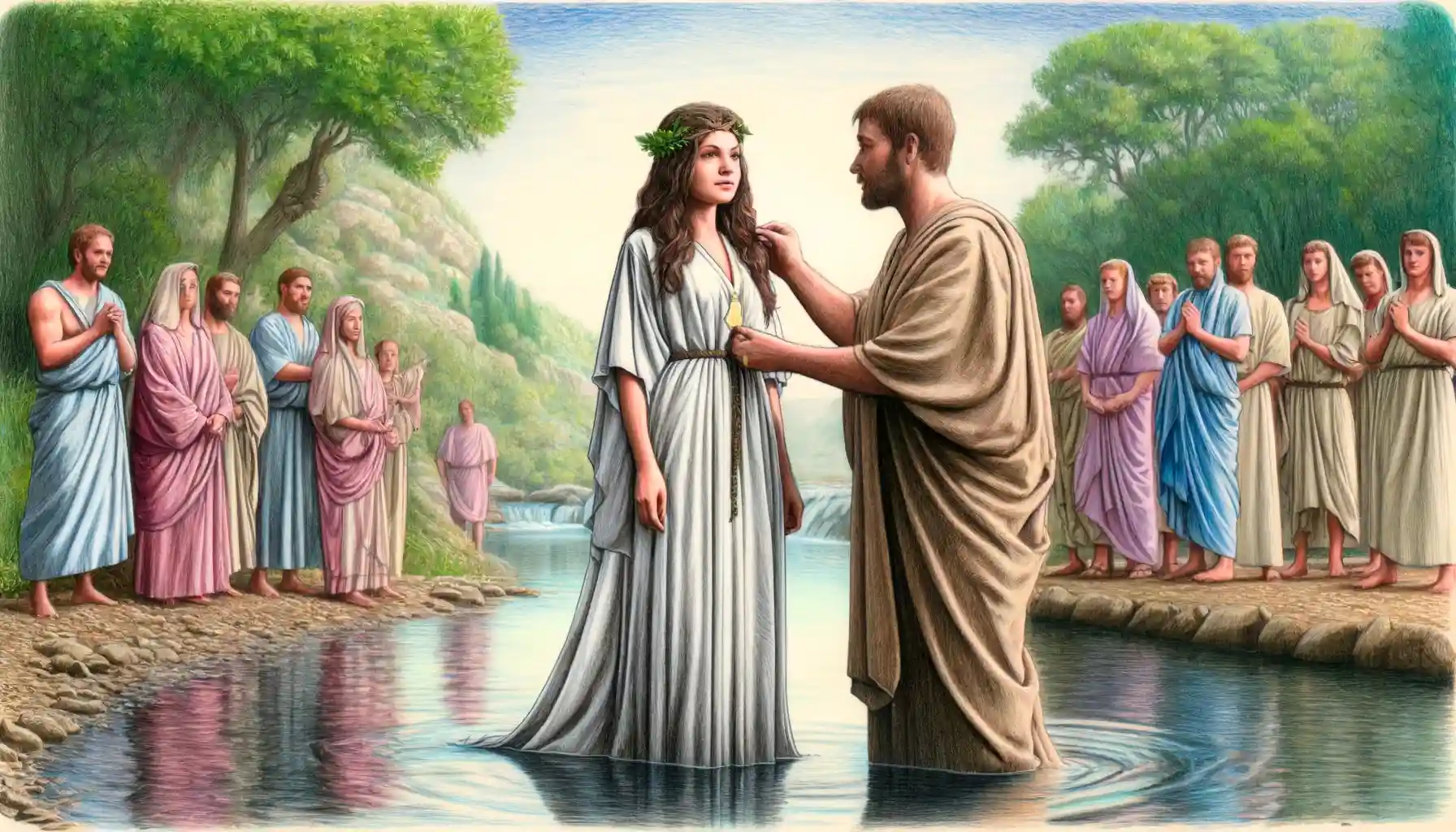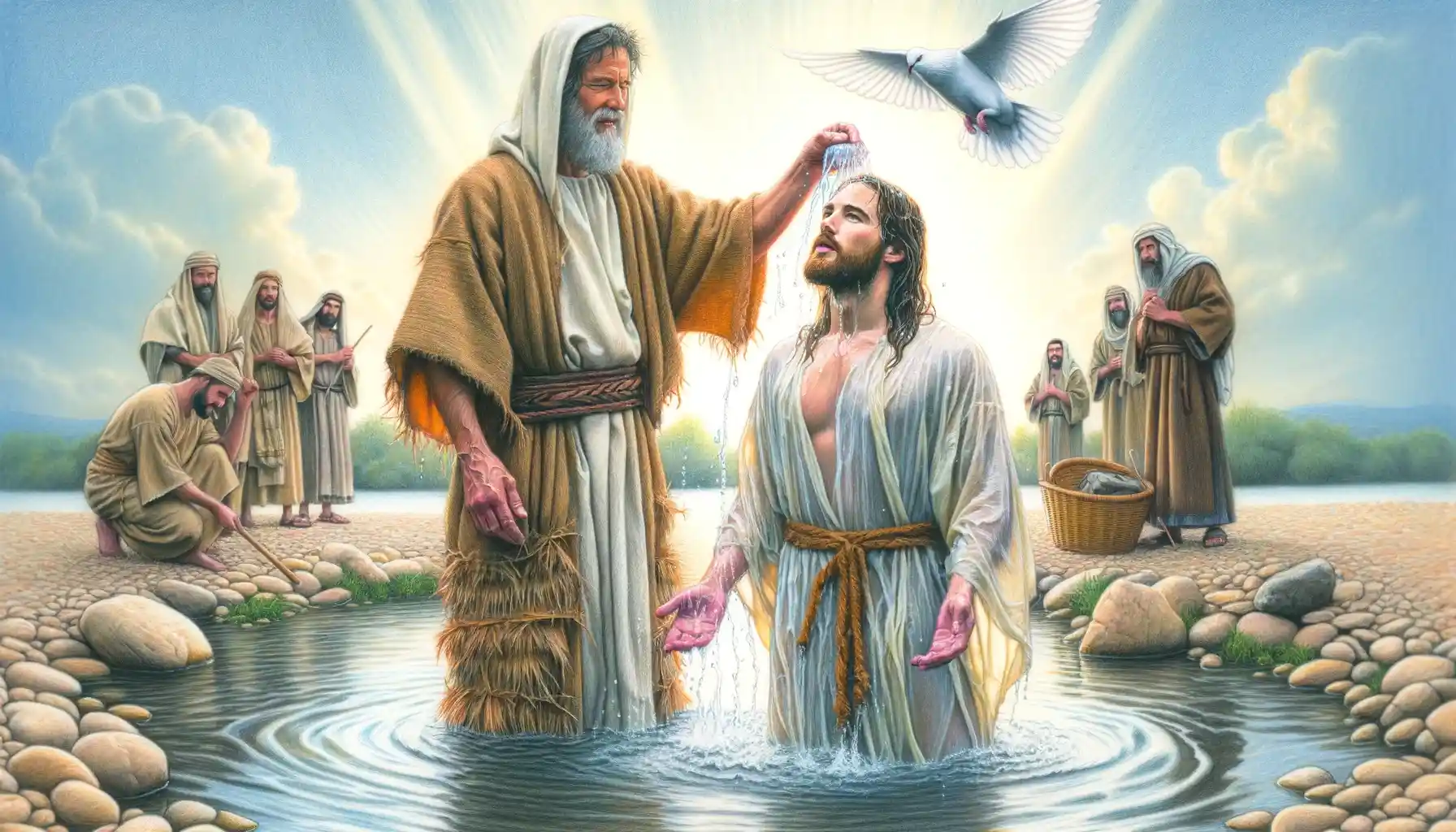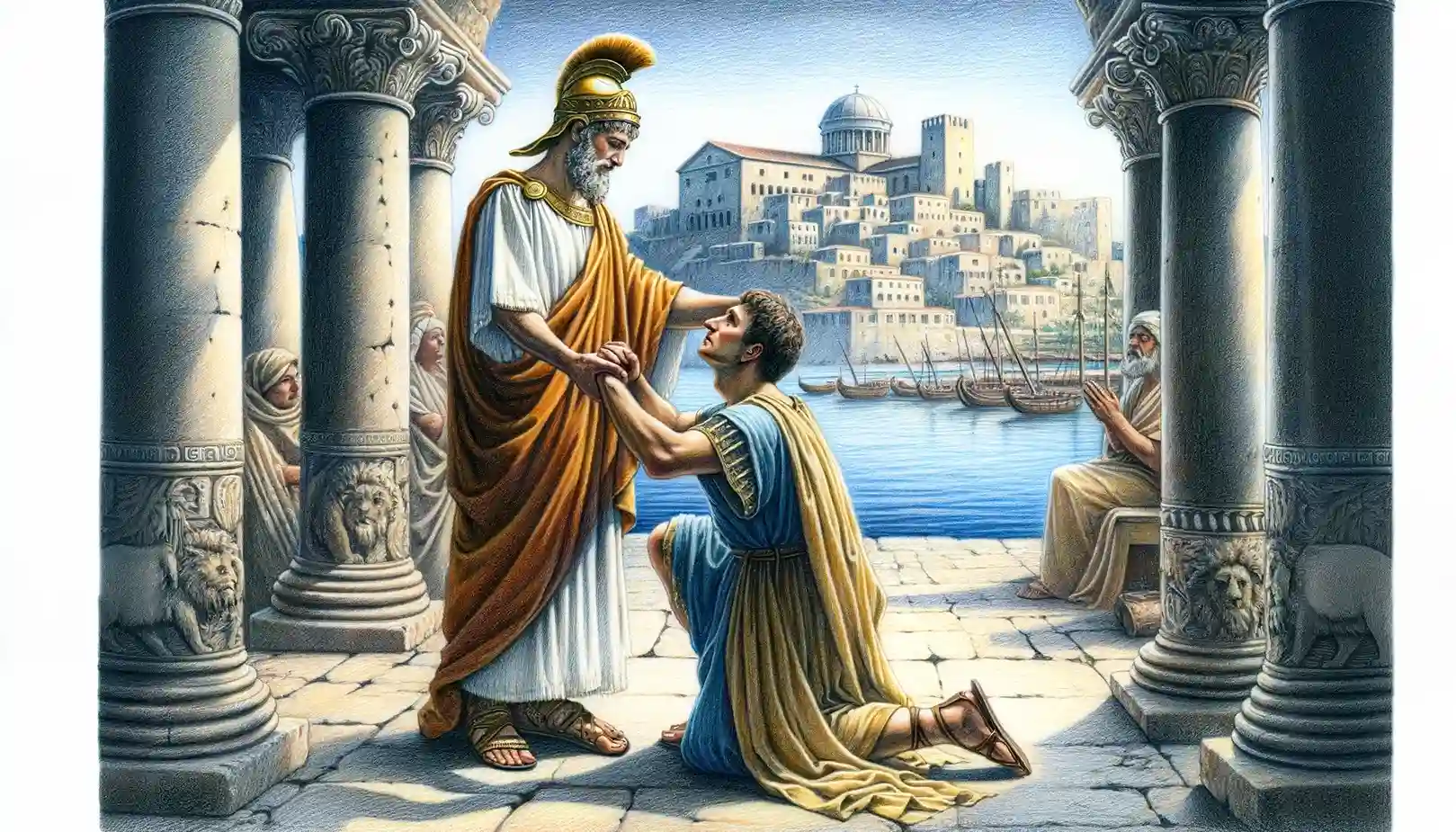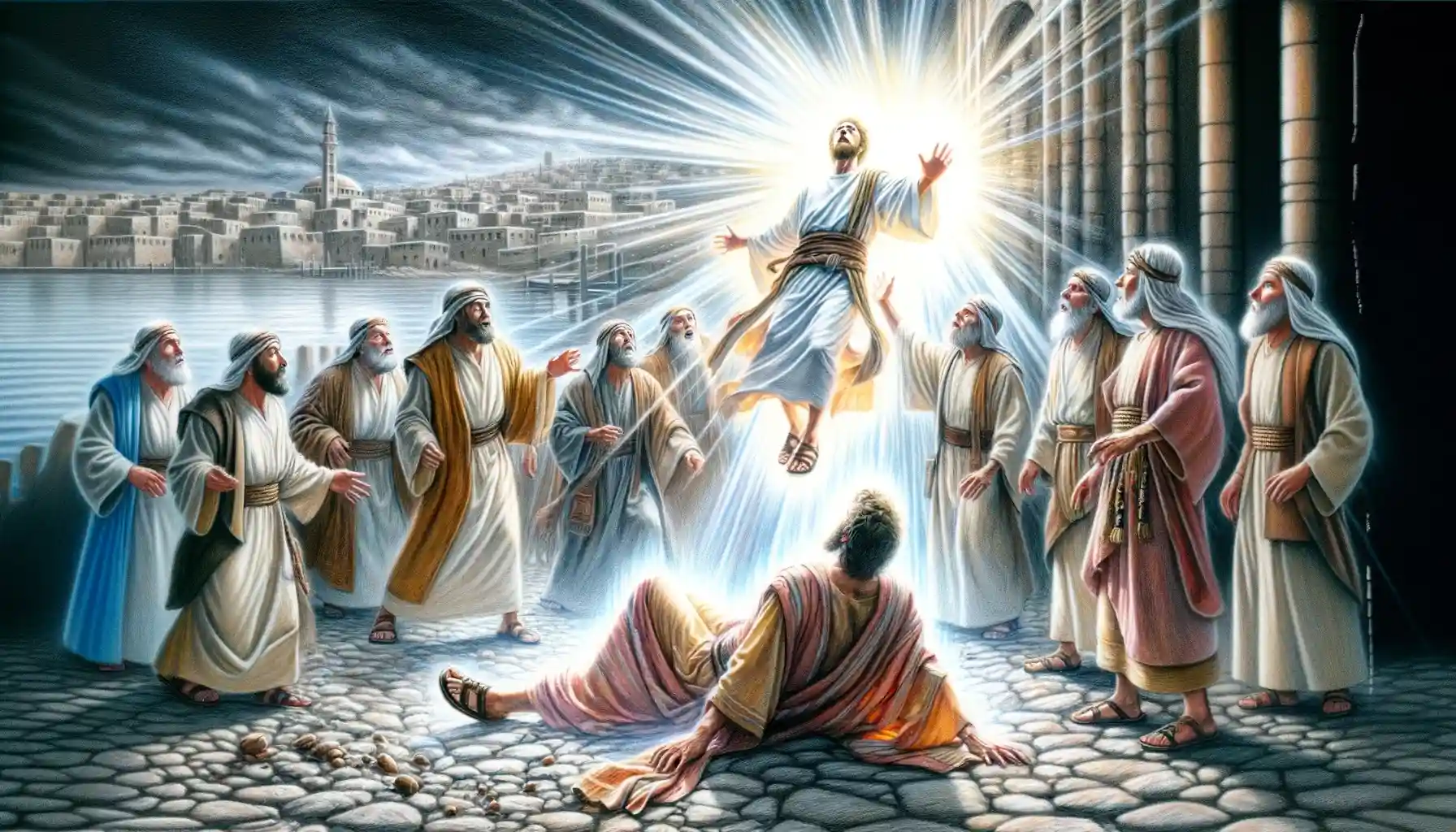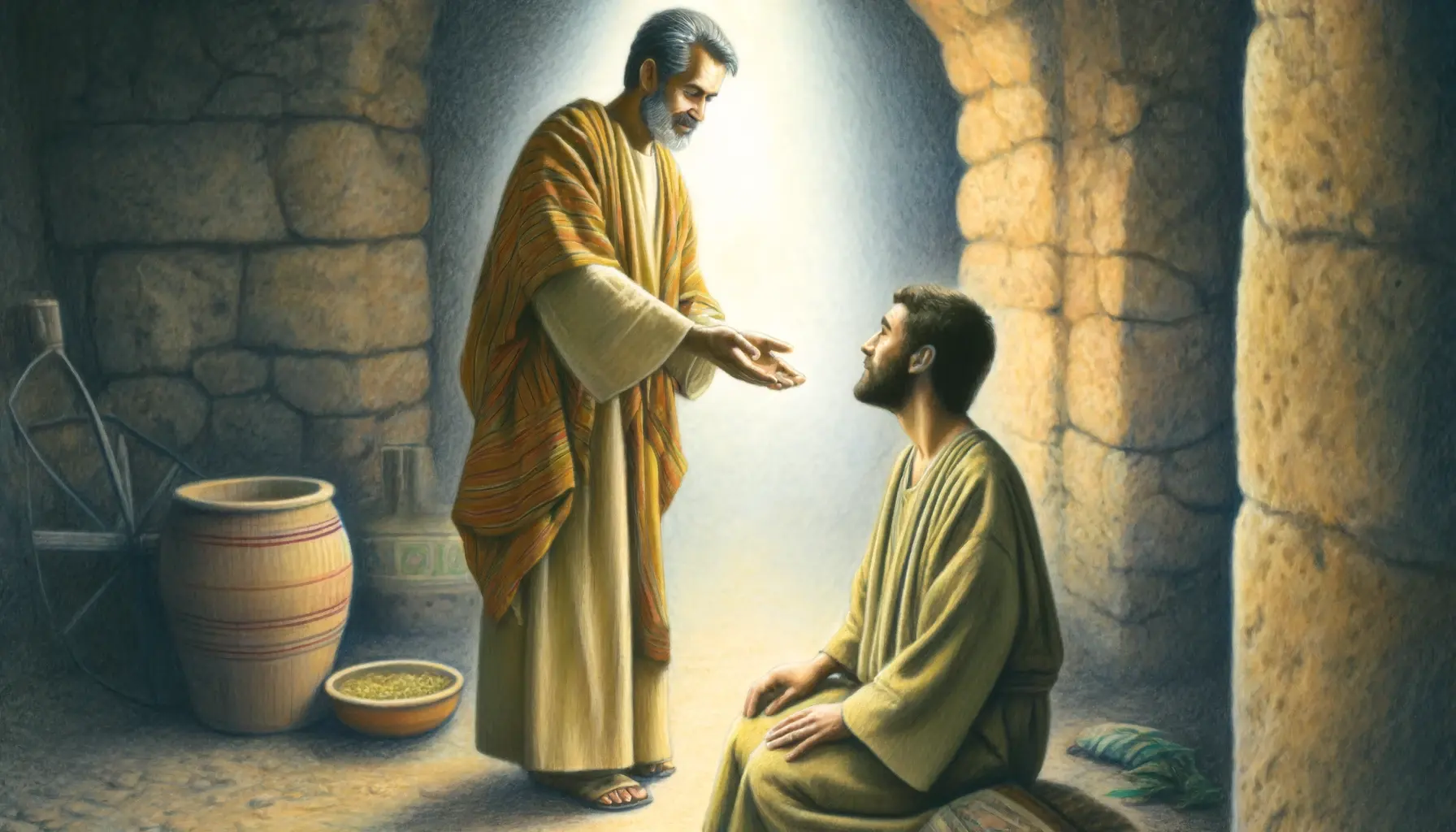Philip the Evangelist, guided by an angel, encountered an Ethiopian eunuch reading Isaiah on a desert road, explained the scripture’s significance regarding Jesus Christ, and baptized the eunuch, leading to his conversion and joy.
Lydia, a businesswoman dealing in purple cloth from Thyatira, became the first European convert to Christianity after hearing Paul’s message in Philippi, where she and her household were baptized and she hosted Paul and his companions, playing a crucial role in the early church.
John the Baptist, the forerunner of Jesus, baptized Him in the Jordan River, heralding His ministry with a message of repentance and preparation for the Kingdom of God, and was later executed by Herod Antipas.
Cornelius, a Roman centurion stationed in Caesarea, is historically significant as the first Gentile convert to Christianity, receiving a vision from God, welcoming the apostle Peter, and being baptized alongside his household, which marked a pivotal expansion of the early church to include Gentiles.
In Acts 9:1-19, Saul’s journey to persecute Christians in Damascus is interrupted by a divine encounter with Jesus, leading to his temporary blindness, restoration of sight through Ananias, and his subsequent conversion and baptism, transforming him into Paul, a devoted apostle of Christ.
Ananias of Damascus, conversion of Saul, Acts 9, early Christianity, Holy Spirit, baptism, divine intervention, obedience, transformation, Christian ministry, faith and trust, spiritual rebirth, early church history, theological significance
The Gospel of Matthew is rich in theology and Christology, making it a foundational text for understanding Christian doctrine and the narrative of Jesus’ life as both a fulfillment of and a break from Jewish tradition.

